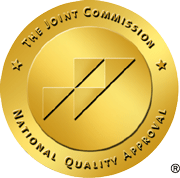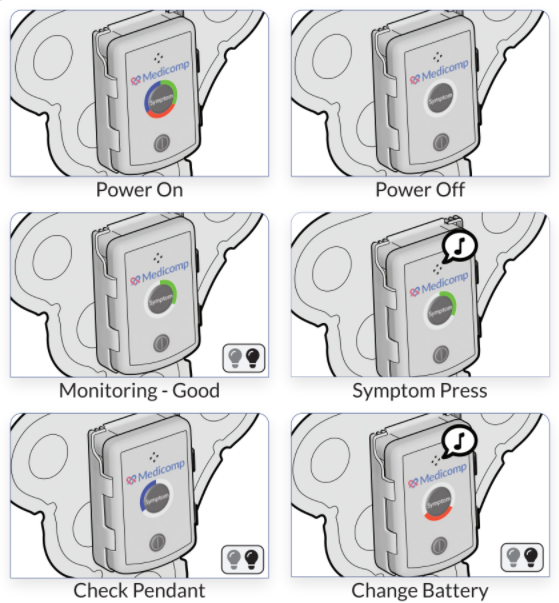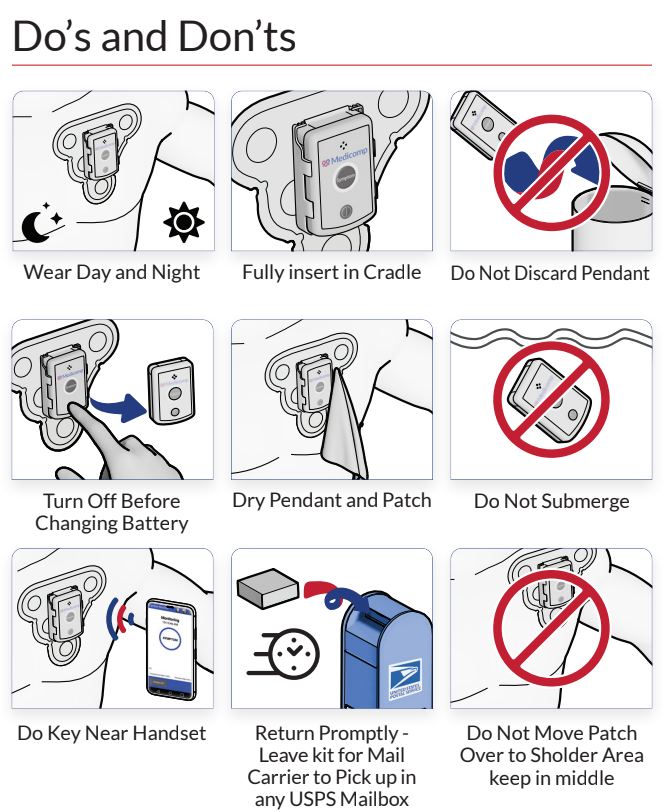
A New England Journal of Medicine study pulled together statistics from four studies involving thousands of individuals tracked over more than twenty years. The first study began assessing patients in 1987 and the last commenced in 2008. All four studies depicted data correlating relationships of risk factors and heart disease. Scientists used approximately 50 separate single-nucleotide polymorphisms to calculate risk scores.
Their data prove that while genetic risk factors are important, they are not a harbinger of doom as supposed. Instead, if patients refrain from smoking cigarettes, eat a healthy diet, are not obese, and exercise moderately, their chance of cardiac anomalies decreases markedly. Here are five interesting conclusions from the study:
- Engaging in positive life factors reduced the risk of cardiovascular disease.
Patients were categorized by the four aforementioned factors. If patients engaged in three or four of the positive life factors, they were added as a “favorable” candidate. “Intermediate” participants required two lifestyle factors, and “unfavorable” signified one or zero of the four factors was being followed. Participants falling into the “unfavorable” category had a 71% to 121% higher risk of cardiovascular disease than those living a “favorable” lifestyle.
- Regardless of genetic risk factors, those with positive life factors also had decreased instances of heart attacks, bypass surgeries, and death.
A 45% reduction in heart attacks, bypass surgeries, and death was reported in those in the “favorable” category compared to the “unfavorable” category. Both categories featured patients with low genetic risk of cardiovascular disease. The reductions in the remaining categories were also remarkable and so similar it is almost statistically impossible to tout genetic risk as a factor: patients with intermediate genetic risk factors showed a 47% reduction comparing “favorable” to “unfavorable” lifestyle choices, and high genetic risk patients were noted to have a 46% reduction between the two categories.
- Coronary events were decreased in high-risk patients who also practiced a positive lifestyle.
Looking at these statistics in real-world instances of cardiovascular incidences, 10.7% of patients with high genetic risk experienced a coronary event within ten years when they followed an “unfavorable” lifestyle. In contrast, only 5.1% of patients with high genetic risk who led a favorable lifestyle experienced a coronary event within the same time span.
- Positive life factors influenced the risk of those with low genetic risk, as well.
Patients with low genetic risk were compared as well. Those living a “favorable” lifestyle noted a 3.1% cardiovascular event rate while the percentage jumped to 5.8% for those with an “unfavorable” lifestyle.
- Overall, lifestyle changes are immensely important to heart health.
Statistically speaking, these numbers represent a phenomenal approach to healthcare; lifestyle changes are possibly as beneficial as medication – if not more beneficial – and the savings in health care is astronomical, measuring billions of dollars every year.
Should patients be genetically tested to determine their risk factors for heart disease? Absolutely. Does this information doom them to a life of prescription medicines? According to these studies, not necessarily. Erring on the side of caution, monitoring patients on a portable ECG monitor from ReactDx can determine if their daily habits are positively influencing their heart. If any anomalies are noted, a regimen of prescription medicines can then be offered. Contact ReactDx at 800-234-3278 (800-23-HEART) to learn about our wide array of wearable cardiac monitors, and read our blogs for the latest studies and news relating to cardiovascular care.



